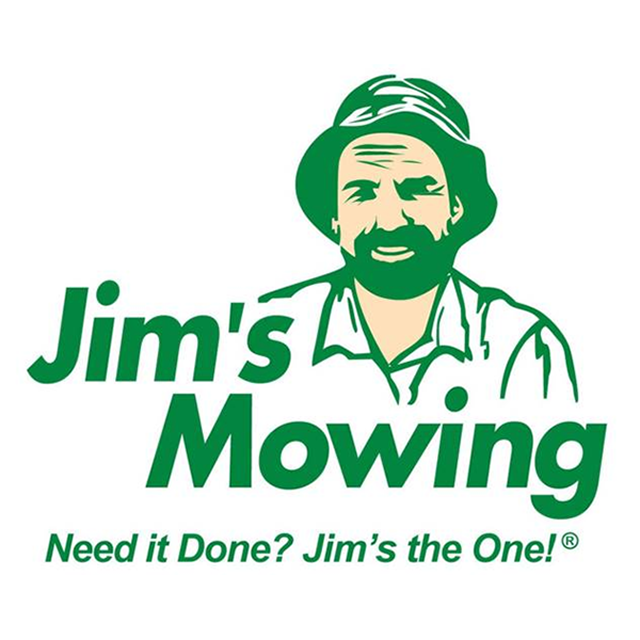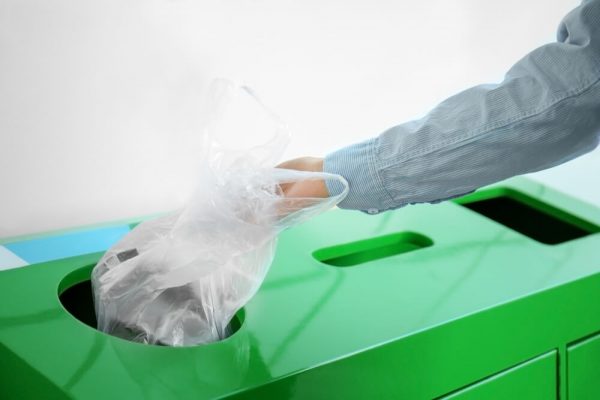Although Australia is moving in the right direction when it comes to recycling, we still make easy, common mistakes when it comes to knowing what exactly to recycle. It is important that we continue to educate ourselves to help avoid contamination. Contamination can force a whole recycle bin to landfill because there are some of the wrong items in the bin.
Jim’s Mowing provides one of Australia’s most trusted waste removal services. We have a passion for recycling, and would like to share some of the things we regularly find in a bin that shouldn’t be there.
Here are five common recycling mistakes and how you can avoid them.
1. Down with Plastic Bags
Plastic bags, unless marked recyclable, are simply not recyclable. Even those that are can cause serious problems for recyclers. They often get stuck in cogs and machinery, slowing down processes and even damaging the machinery. When this occurs the machinery needs to be repaired, creating further downtime for the processing facility.
Try to avoid using plastic bags for tying up your rubbish, as sorters simply don’t have the time to untie every bag and sift through them. Our supermarkets are taking initiatives to stem this problem, including that of discontinuing plastic shopping bags, but it’s also up to us to avoid using them where possible.
Handy Hint: To cut back on plastic bag use for rubbish, try using newspaper or purchasing biodegradable bin liners. Also, reducing the amount of plastic-wrapped products you purchase is a good way to cut back on overall plastic usage.
2. Nappies Cannot Be Recycled
Regardless of how natural and organic your nappy brands appear to be, there are still limitations on its recyclability. If it’s a disposable nappy, it can only go in general waste. Furthermore, it should go in a nappy bag to avoid smells and splits that would be very unpleasant for your local waste collection staff.
If you feel you are sending too many nappies to landfill, consider seeking out more reusable and permanent options.
3. Food Waste
People often believe that because food breaks down, it must be fine to go into the recycling bin. However, if there is too much food stuck to recyclable items, it will contaminate the process. Furthermore, certain items placed in the bin can render the whole lot un-recyclable.
You can help by washing out jars and pots where possible, as well as taking lids off used containers to help with processing.
4. Polystyrene and Recycling Don’t Get Along
Whilst polystyrene often ends up in our recycling bin, it simply shouldn’t be there. However, take away packaging, meat trays and meat wrappers need to head to landfill. You can help out by making the switch to a deli or butcher for your meat. Here, products are usually wrapped in paper, avoiding the unnecessary use of polystyrene.
With a little bit of practice and ongoing consciousness you can help with the ongoing need to recycle properly.


Recent Comments